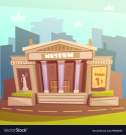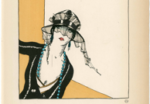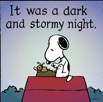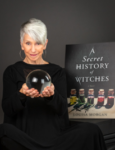Use your public library. Reference librarians are a novelist’s magic genies,  and interlibrary loans are our magic carpets.
and interlibrary loans are our magic carpets.
Buy your resource materials second-hand. There will be books you know you’re going to refer to again and again as you write, but they can be expensive. Search online for used copies. Other writers’ margin notes may even be useful. One of my own favorites is a well-thumbed book of medieval recipes.
Find a map of the setting of your story. Period maps are wonderful resources, and often can be found online.
Go to museums, and take a notebook. Exhibits of period costumes, technology, and portraiture 
can yield a surprising number of delicious details to enrich your setting.
Read other historical novelists. It’s good to know how other writers are working in your chosen era. You might be inspired by their treatment of it, as well as informed by some of the details they decided to include.
Use the internet, but be wary. In most cases, it’s good to have at least two sources in agreement on the material you want to use. I’m especially fond of costume websites, which can give you that one, small detail to make your characters come alive.
you want to use. I’m especially fond of costume websites, which can give you that one, small detail to make your characters come alive.
Don’t be afraid to ask for information from experts. People love to talk about what’s important to them. I’ve talked to cab drivers, to policemen, to hotel maids, to teachers, to doctors. This is the very definition of using primary sources.
If you can, travel. Breathe in the essence of the location of your story, talk to the locals, take pictures, and visit bookstores, where they will have books on the locale, often written by local writers.

Accept that you, the writer, will always know more about your setting than your reader. Not everything you learn belongs in your novel. Historical details should support and embellish your story, not drown it. It’s tempting to include every fascinating little thing you learned about your era, but if a detail doesn’t do extra duty–reveal character or advance the plot–it will only slow the pace of your novel.
One final word of advice: search for the details you need for your scene, then Stop. Write. We can lose ourselves in our research, and that means the writing doesn’t get done.
I hope you have as much fun creating historical fiction as I do!
L.M.
***********
Louisa Morgan is the author of A Secret History of Witches, The Witch’s Kind, and The Age of Witches. As Louise Marley, she wrote the Benedict Hall trilogy, about a young woman physician in 1920s Seattle, and Mozart’s Blood, the story of a vampire opera singer and her strange companion, a novel that spans four centuries.

